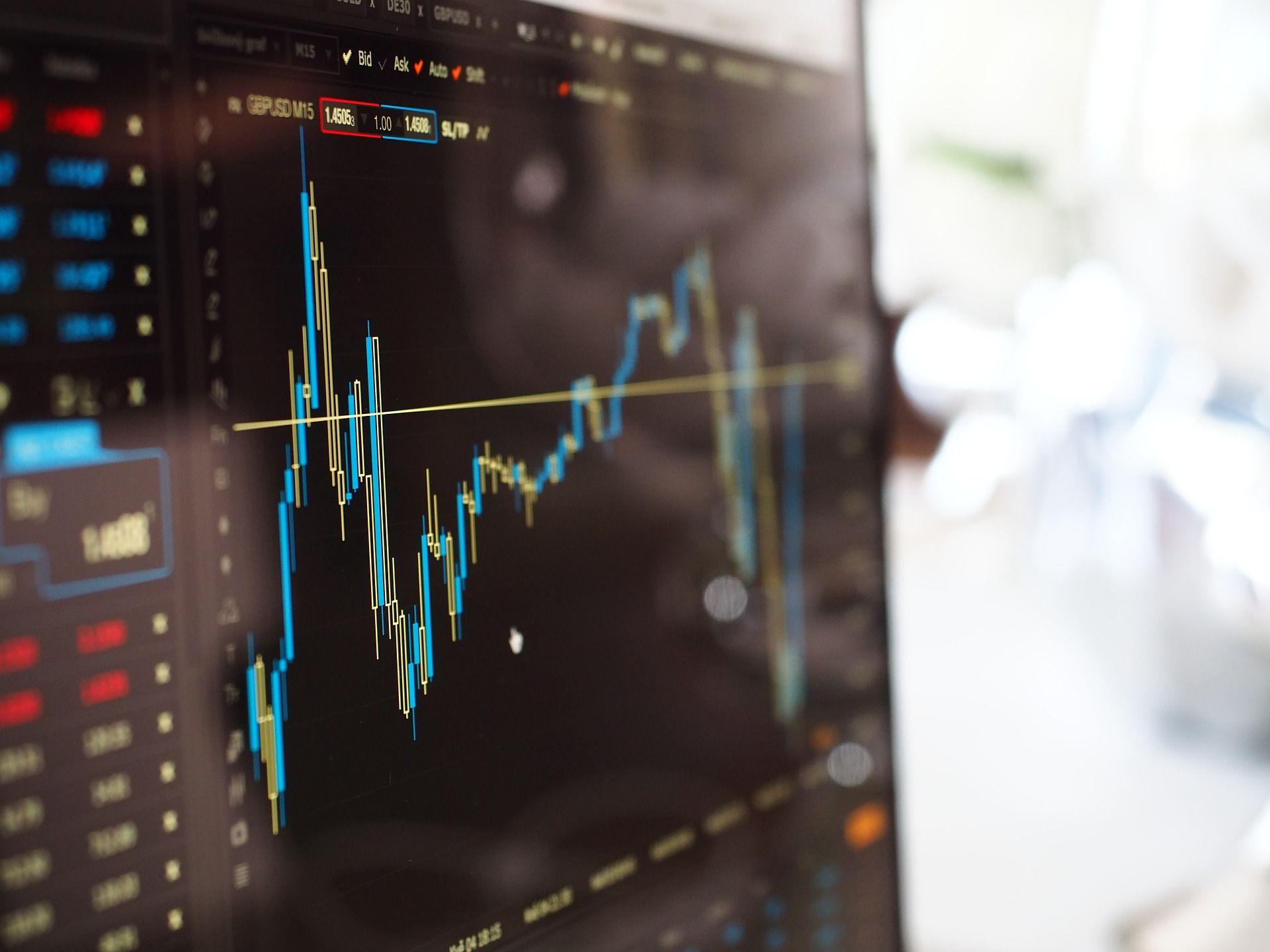Career Change Advice: From Finance to Data Science (2025)
Overview
The data science job market is booming. Jobs in tech and big data pay more and there’s increased hiring demand. That’s why a growing number of professionals are making a career pivot to jobs in data science.
Finance and fintech is one sector that aligns closely with data science. As a result, many finance professionals are seeking early and mid-career transitions to big data jobs. But the most common questions they have are:
Is it worth it to switch careers from finance to data science? What types of skills will I need to learn to be successful?
We answer that in this short guide, which covers skill gaps, skill overlap, and finance-to-data-science salary comparison. We also interviewed one professional who has successfully made the transition (landing a job at Facebook) about her experience and what she learned.
Skills Overlap: Finance & Data Science
Many of the skills you’ve learned on-the-job and in school for finance apply to data science careers. That’s the key reason why many find the job transition fairly smooth. Some shared skills include:
- Mathematics – Careers in finance require a strong working knowledge of mathematics and accounting. A finance professional’s experience with statistics, business analytics, and accounting all come in handy with data science positions.
- Working with Data – In many finance jobs, professionals work with large, quantitative datasets. They have experience in extracting insights and conveying them to stakeholders.
- Soft Skills – Both careers require the ability to convey complex subjects to non-technical stakeholders. Time management, familiarity with databases, and working with new processes and technology are also overlapping skills.
- Analytical Thinking - In both finance and data science, this skill helps in identifying patterns, making data-driven decisions, and deriving insights that drive business strategies.
Many fintech and cryptocurrency data science job requires strong skills in statistics and data modeling.
What You’ll Need to Learn: From Finance to Data Science
Finance professionals seeking a transition to data science will need to gain key skills to land a job. Coding, data visualization, and data modeling are all skills you will have to learn. You should focus on building your skills in these areas:
- Forecasting/Data Analysis – You’ll need to be able to forecast trends and patterns to make educated forecasts built on data.
- Coding – As a data scientist, you’ll be writing code in Python, SQL, R and will need experience with Tableau and Excel.
- Data Modeling – You should be able to build predictive models and have a working knowledge of machine learning fundamentals.
- Data Visualization & Business Intuition – Data scientists can build dashboards that gather, curate, and convey business insights visually.
- Understanding algorithms and data structures - This knowledge enables data scientists to efficiently handle large datasets, implement machine learning models, and solve complex computational problems.
A Salary Comparison: Finance & Data Science
According to data from Statistica, tech jobs enjoy salaries of 20% higher (on average) than finance jobs:

How to Level Up Your Skills
There are a few options that’ll help you level up your knowledge of coding, machine learning, and data analysis to become a Data Scientist:
- Master’s Programs – these offer in-depth theoretical instruction, as well as project-based instruction. A key advantage: the networking opportunities can help you land jobs and network with other early-career professionals and alumni.
- Bootcamps – Bootcamps are accelerated programs that focus on specific skills, such as Python coding, as well as foundational concepts. They can be completed quickly, but may require additional practice for subject mastery.
- Online Courses – There’s a range of Data Science online courses that provide an in-depth look at foundational topics in data science.
- Interview Query - We can help you learn Data Science through incremental problems, take-home challenges, and more.
Finance to Data Science: How Aneri Got a Job at Facebook
We talked with Aneri Dand, who is now a Facebook Data Scientist after making a career change from finance to Data Science.
What’s your background? And what got you interested in data science?
I am an electronics engineer, as I did my undergrad in electronics engineering. I then did my MBA in finance because I was interested in the business side of things. After my MBA, I worked with JP Morgan for three and a half years as an analyst in their credit risk vertical.
Were you using data science techniques in that job?
I was into analytics, but I was not dealing with Big Data. I mean, the only tool that we used was Excel. And of course, you can do much more with SQL, pandas, etc. You can process more data and quickly extract insights with these basic tools.
That’s where I started to get interested in data science and was introduced to data science techniques that could help me increase the scope of what I did in finance.
How did you go about making this transition?
I wanted to learn how to use data science for the work that I was doing. And so I decided to pursue a post-master’s program in data science. I joined the master’s in data science program at the University of San Francisco in August 2020, and I just graduated this August.
Did your finance background help or hurt you as you applied for jobs?
With smaller companies, I felt my finance expertise came into the picture. Smaller companies don’t have the kind of resources to train someone who doesn’t have any experience in that field. For example, I applied to healthcare and automotive companies, which aren’t finance sectors, but they were close. And there were similarities between the two where the finance expertise was beneficial. But larger companies, like Facebook, they’re looking for data scientists and people with advanced skills.
How did you prep for data science job interviews?
While I was looking for jobs, I wanted some resources to prepare for interviews. One challenge with Data Science interviews is that – unlike finance interviews – they’re not always structured. You can have a wider range of questions coming up from different areas. One resource I found was the Data Science interview questions on Interview Query, which were very helpful.
What were the toughest aspects of the job search?
The job search was really tough, to be honest. You have to be prepared with handling a lot of rejection. It can be hard to stay optimistic. But beyond that, the next challenge is getting your resume in the door, and if you don’t make it to the next stage, you really aren’t getting insights into why.
Any advice you’d give someone just starting a job search or transitioning from finance to data science?
I would say it’s to get the basics right. Know your SQL inside and out. Know your probability and statistics inside and out, and then you can go on to machine learning. There will be differences in the kinds of roles that you’re applying for and what they ask. But it’s very important to get the basics right and be able to explain those basic concepts in a way that non-technical people can understand.
In so many of my interviews, I was asked to explain my answers as if the interviewer wasn’t a very technical person.
You should have an intuition around these basic building blocks, be it hypothesis testing, p-values, your confidence intervals, or linear regression. Understand when those building blocks apply or why they don’t. It shows the interviewer, OK, you’ve taken the time to learn something inside out. Also, whenever you come across such a situation in your job, you would know how to respond.
Did you receive any interview questions that were out of the ordinary?
One technique I learned was to reach out to the recruiter to get a sense of what kinds of questions I would be asked. Most of the time, they’d offer help or sample questions, and I was lucky enough to get interview questions similar to what I would have expected.
Any advice for job seekers planning a career change to data science?
I would say learn to prioritize work. That’s what I’m seeing in my current job, lots of meetings and what seems like an endless backlog. The biggest thing I’ve learned that helps is to understand how to focus on the things that actually matter. If you can figure that out and recognize it, the quality of your work will improve.

